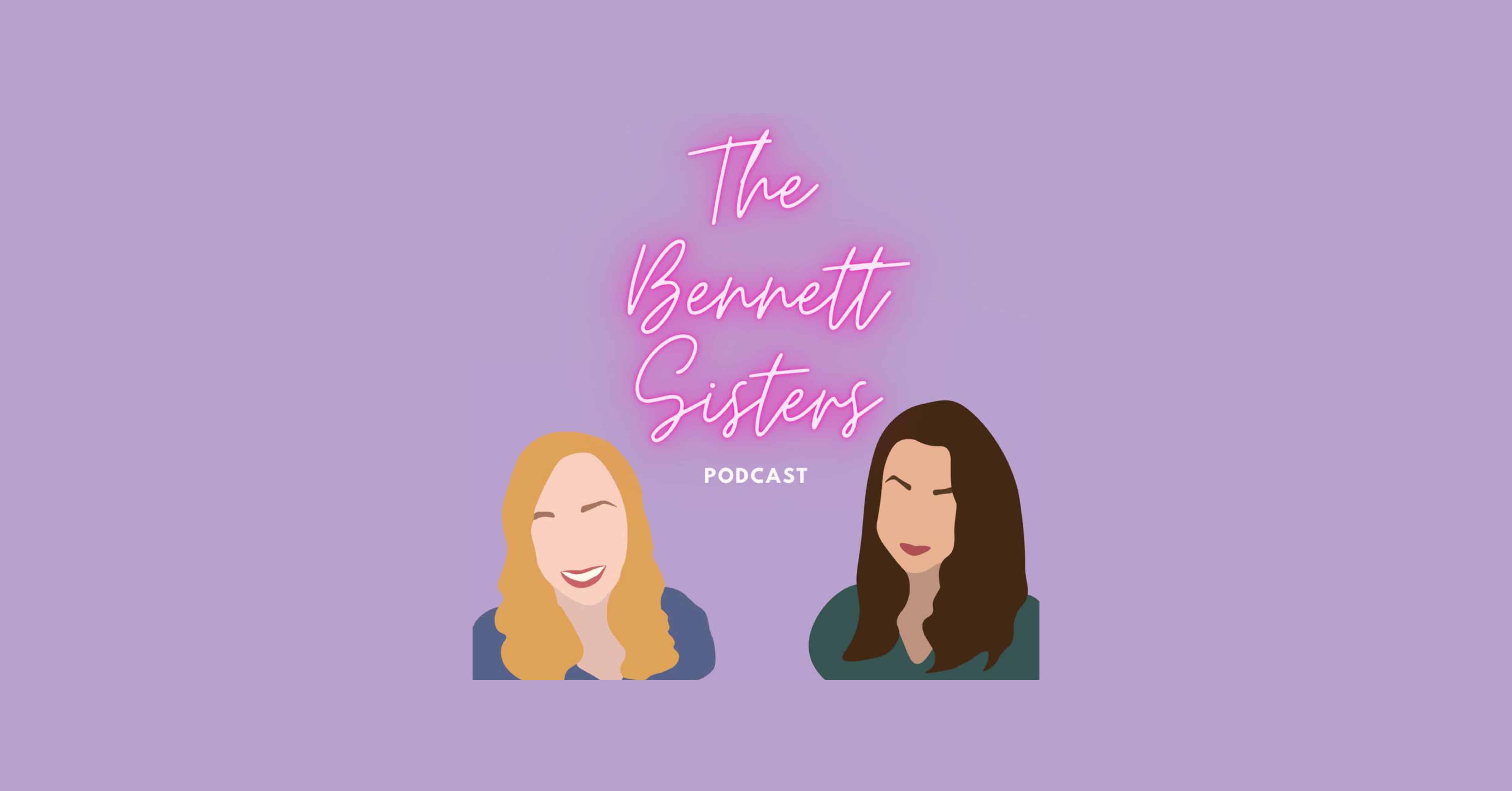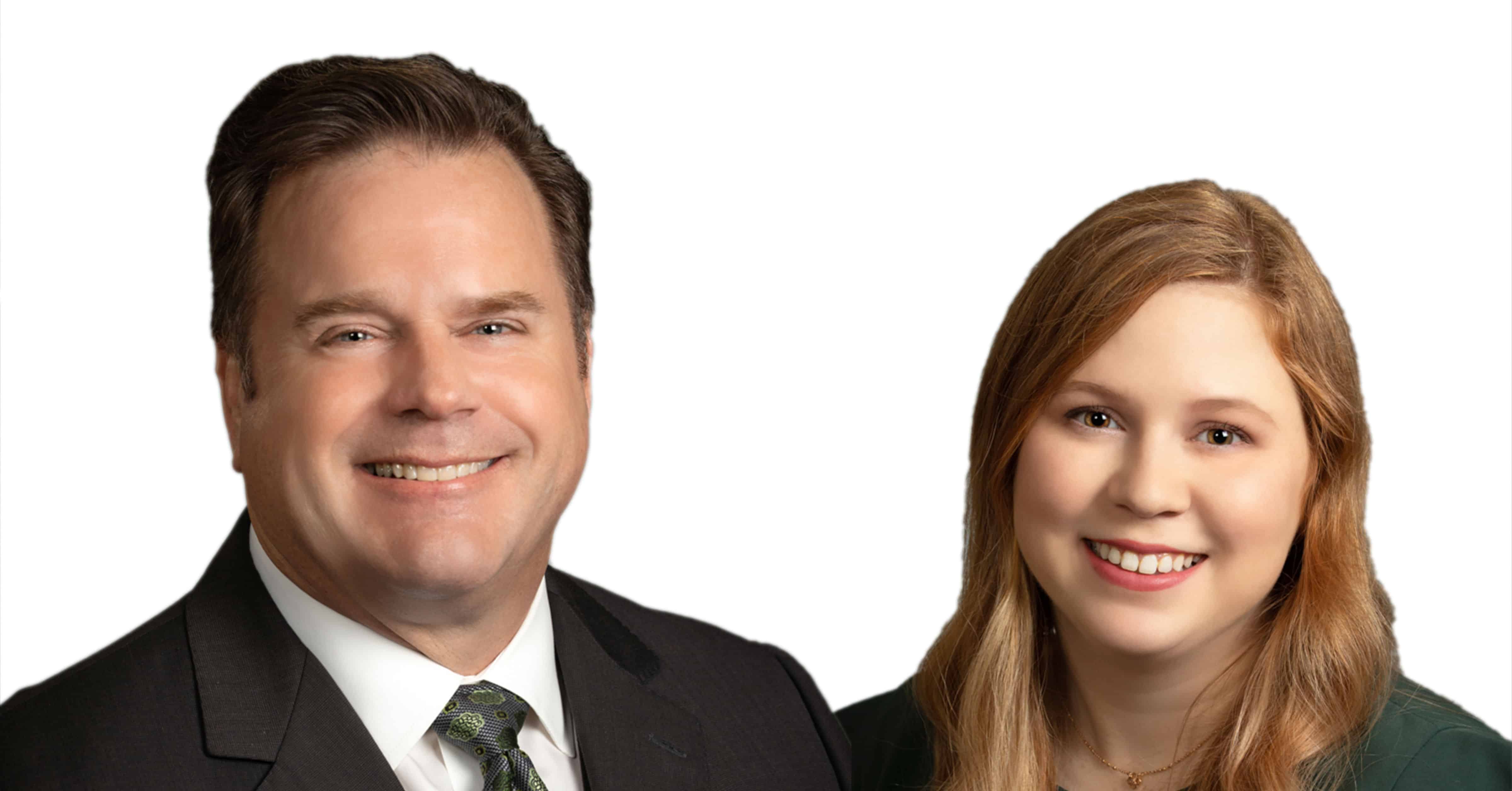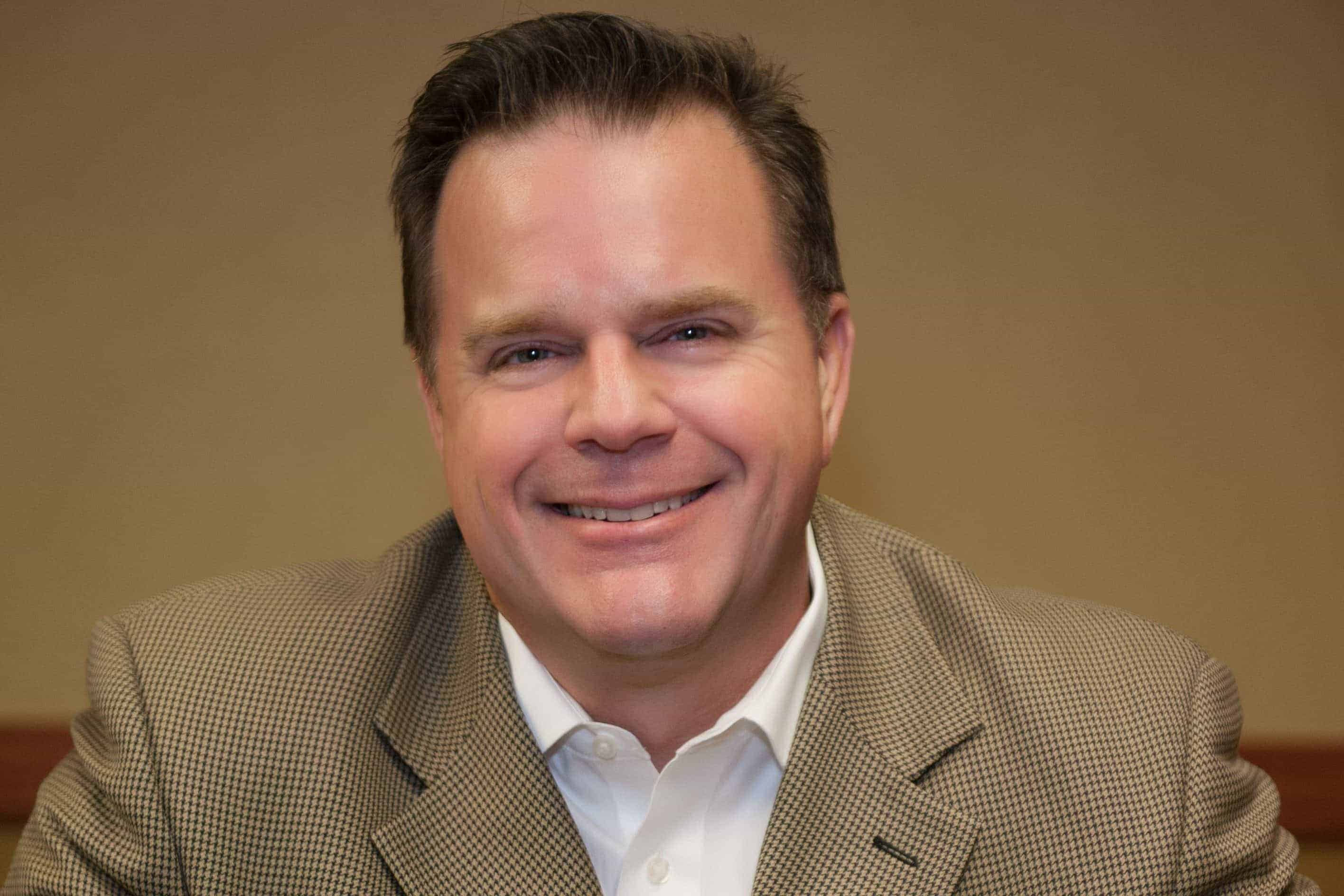Millennials have been through the ringer in their short time on this Earth. Many of these events have had big effects on the financial system and institutions in our country. There also happens to be an extremely large gap in financial literacy in U.S. schools. As a result, we find that a good portion of millennials lack trust in said system, institutions, and even the educated professionals working in them. So, what reasons do we have to distrust these professionals and is there any chance of gaining or regaining that trust?
Think about how you handle your finances. Do you take advice from family and friends, or do you use a service, such as wealth management? When it comes to managing finances, a lot of millennials will turn to their friends and family for advice. This could be for a number of reasons, the most common reason you may come across is the cost of using a professional service. I’ve already discussed in previous articles why millennials can’t afford many of the things older generations could at our age. We make less money and things cost significantly more. So, would this be considered an “essential” cost for our generation? Probably Not.
The way we see it is, we simply don’t have enough money to manage, so why would a large portion of us spend money to manage what’s not there to begin with? We likely know that it may be helpful to work out a personalized budget with someone who is certified to do so. Knowing this, why would millennials still stick to family and friend advice versus a professional? The stigma.
There is a stigma working against financial professionals and it’s been determined that they are all in it for the money. They’re just salesmen that are out to make a buck and who cares about your personal finances. This just simply is not true in many, if not most, cases. It’s also why financial literacy is so important. With proper education, trust in the professionals can be built from a young age. You can learn what to look for when searching for a certified professional to know you are getting help from someone trustworthy. A good place to start, is looking at credentials. Are they a “CERTIFIED FINANICAL PLANNERô”, someone certified to have knowledge to help navigate finances? Are they a “fiduciary”, someone legally obligated to do what is best for the client? If so, these professionals would be a good option to help you with your finances and get on the right path.
Another reason millennials may not trust the financial systems in our country has become particularly relevant this past week. You may have heard about the chaos ensuing on Wall Street with a social media platform called Reddit, various stocks, such as Game Stop, and a trading platform called Robinhood. From what I have seen personally, not many of my fellow millennials know a lot about how the stock markets work, but they all seem to agree that Wall Street gets richer while the poor get poorer. So, a crew of Reddit users wanted to fight back and raise the stock of some soon-to-be shorted companies. As a result, these stocks went up in record numbers. Game Stop rose almost 2,500%! In the midst of all of this, Robinhood shut down trading shares for these particular stocks on January 28, 2021. If you had already invested in them, you could no longer invest more and if you had not invested in them yet, you may have missed your chance. The whole point of the Robinhood app is to allow the “common man” to participate in the stock market freely. As you can imagine, this made a lot of people angry. They felt as though the app created to help them was now working for the other side. There is a lot more that goes into this whole story, but to sum it up, the action that Robinhood took to stop people from trading these stocks is a solid reason why millennials don’t trust the financial system in our country and feel like the system works against those who do not already have a large sum of wealth.
I’m not saying that millennials should change their view of the financial world completely, but it’s worth educating yourself on certain things so that you can have a better understanding of how it all works. We all have different financial journeys. What works for your family and friends may not work for you. Do not be afraid to ask for help to build a plan that is designed for and works for you. There are professionals out there that want to help you and it is absolutely worth setting up a consultation just to talk things through and find the right fit for you.













